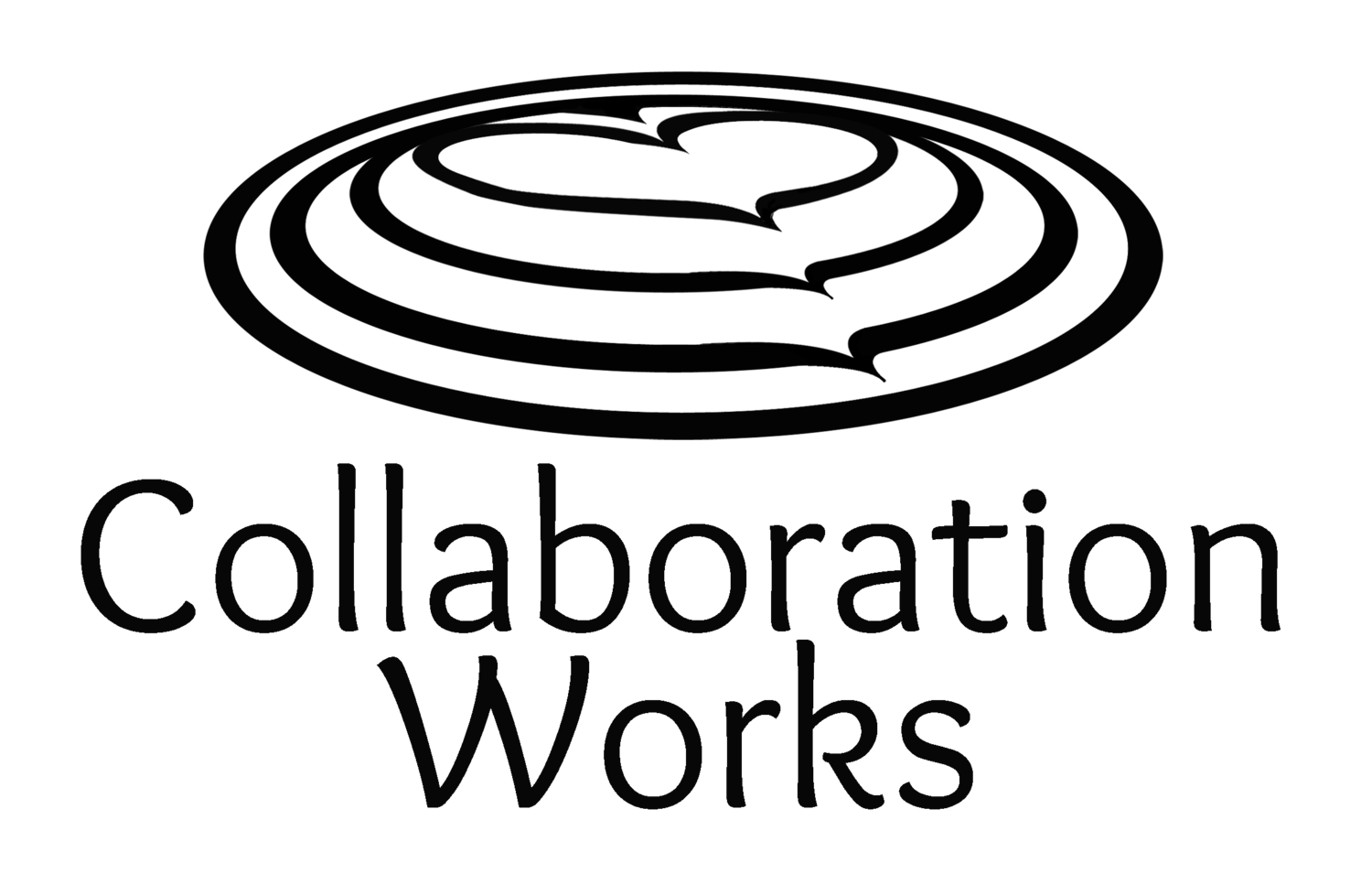People who intentionally plagiarize blog content, and pass it off as their own, are slimy.
Why do I say intentionally? In some cases when I have approached people who are using my content, there has been genuine surprise and profuse apologies. Perhaps they had hired an outside consultant/service and didn’t realize it was done or perhaps they made the same mistake I once made.
I had been doing a lot of writing, and research, about a specific topic and put it all into a Word document. I left it for a while and when I came back to it I had honestly forgotten which parts of it I had written myself and which were copied as reference sources. I guessed wrong, someone caught me, and I was truly humiliated. I can assure you that will never happen again!
There is an easy way to find out if someone else is plagiarizing your content (or if you have copied theirs!)
I use the site www.copyscape.com.
Copy and paste the text in question into the Copyscape page and do a premium search. You will see results of any matching text that has already been published on the web by you or someone else. Click on the title or “compare text” and Copyscape will tell you the percentage of copied text.
Or you can check your entire site.
In Copyscape Premium, click on “Batch Search”. You can search multiple URL’s or an entire site. This will show you a list of URL’s with a “risk factor”.
I have been told that generally you are OK with anything under a risk factor of 50. See the example shown in red in the sample screenshot at http://s.illlc.com/18kVl . Also, this sample CSV file shows the numeric risk values in column “O” from a sample report for the ERP Software Blog.
If you have a few high risk posts, that is not a big deal. But if over 30% of your blog is “high risk” it means there is too much duplicate content out there. That either means you are posting duplicate content yourself or someone else is doing it.
If you are doing it, stop. Or at least follow our instructions in the post How to Safely Post Duplicate Content on Multiple Blog Sites
But what if someone else is plagiarizing your content?
I admit that finding out a slimy person is plagiarizing your content is very annoying. I feel compelled to contact them immediately via email or Twitter and deliver a sound scolding and ask that it be removed.
However, according to my favorite SEO consultant, Dave Foreman, it is sometimes not worth the effort. Dave says, “You should not be overly concerned with a few plagiarized posts on the web. If a big site is plagiarizing your work, without crediting you, then we recommend asking them to remove it because a strong site will often be seen as the originator of the content by Google even if you are the true author.
If your content is plagiarized on a weak site that does not have a domain authority above 15, then likely it’s not worth the effort to contact the webmaster for a takedown. (Check a site’s domain authority with OpenSiteExplorer).”
For more info download the full “Guide to Duplicate Content” that we developed for our group bloggers.
Nobody likes plagiarized content but now you know how to find it and how much to worry about it.
By Anya Ciecierski, Collaboration Works Marketing
Twitter: @AnyaCWMktg

